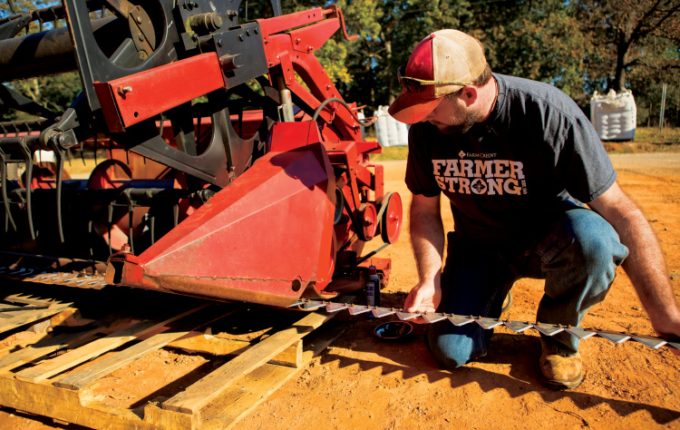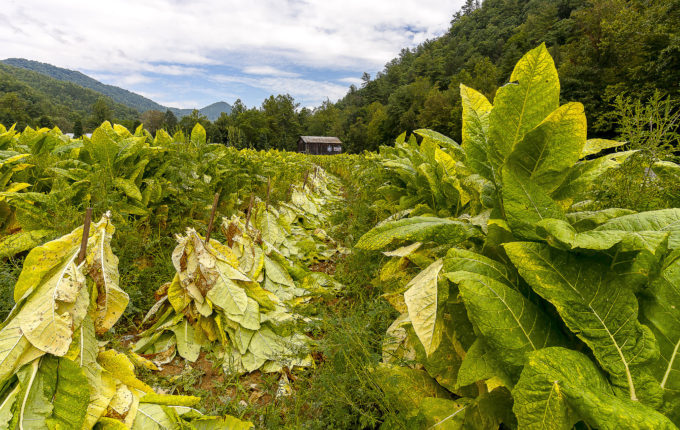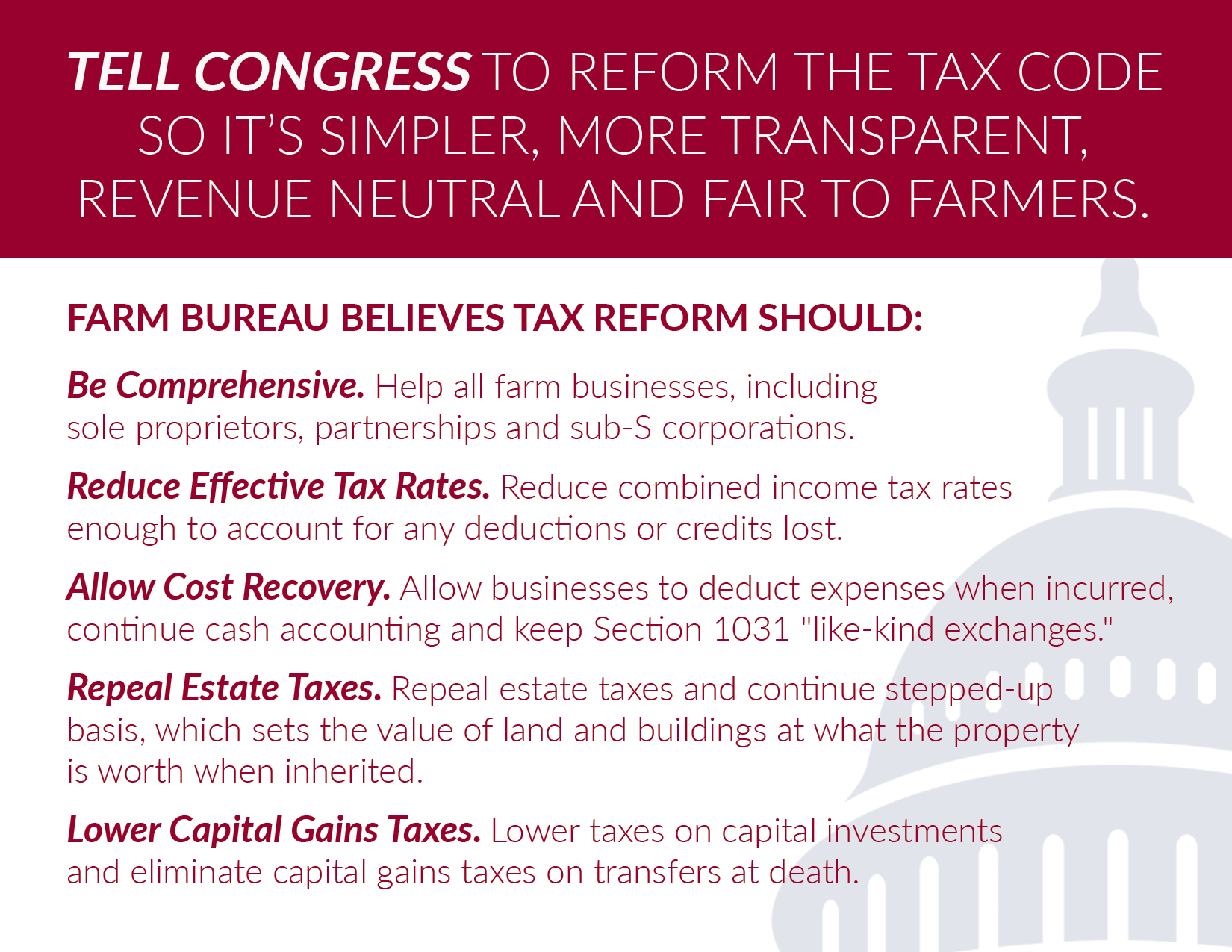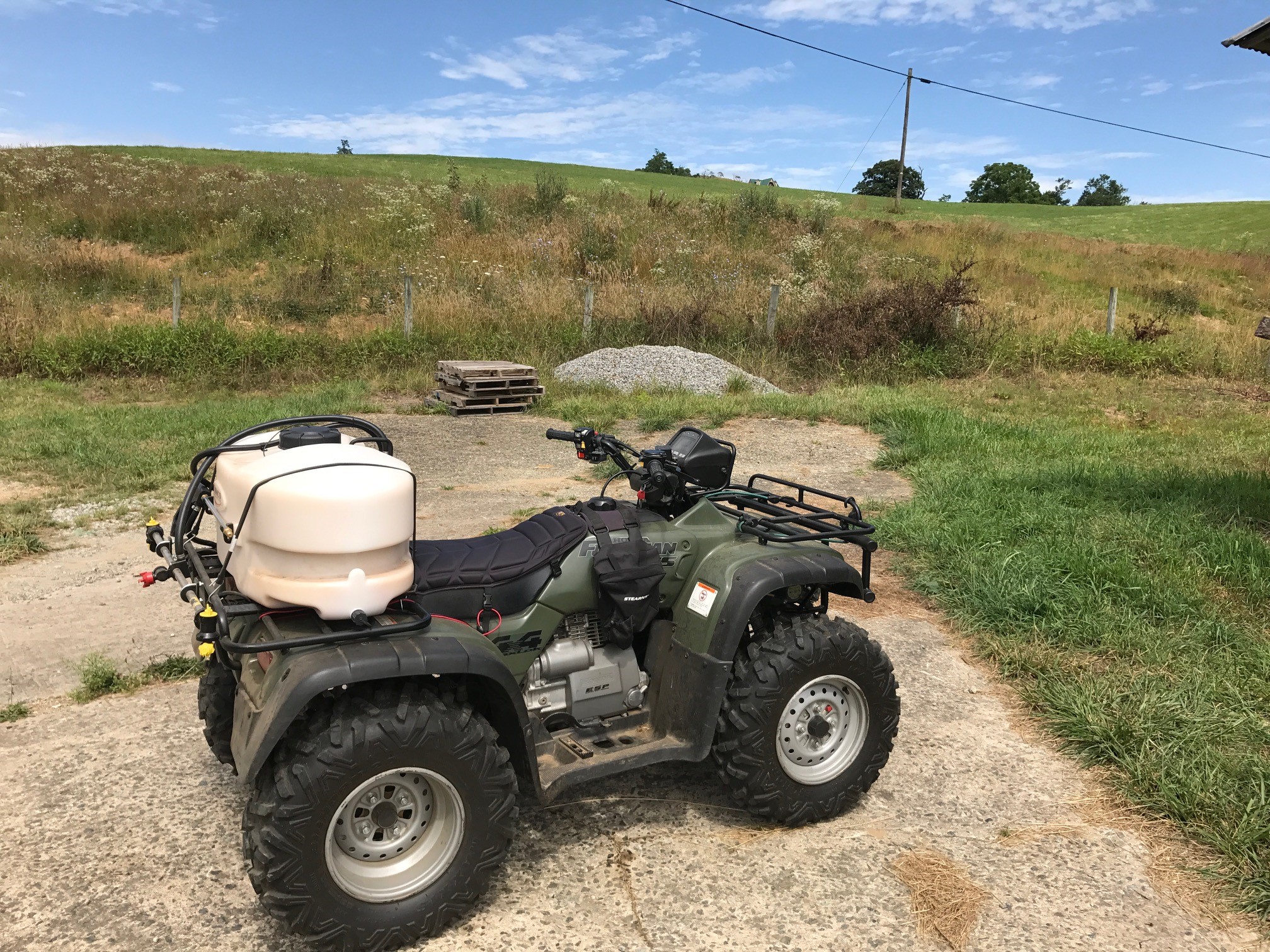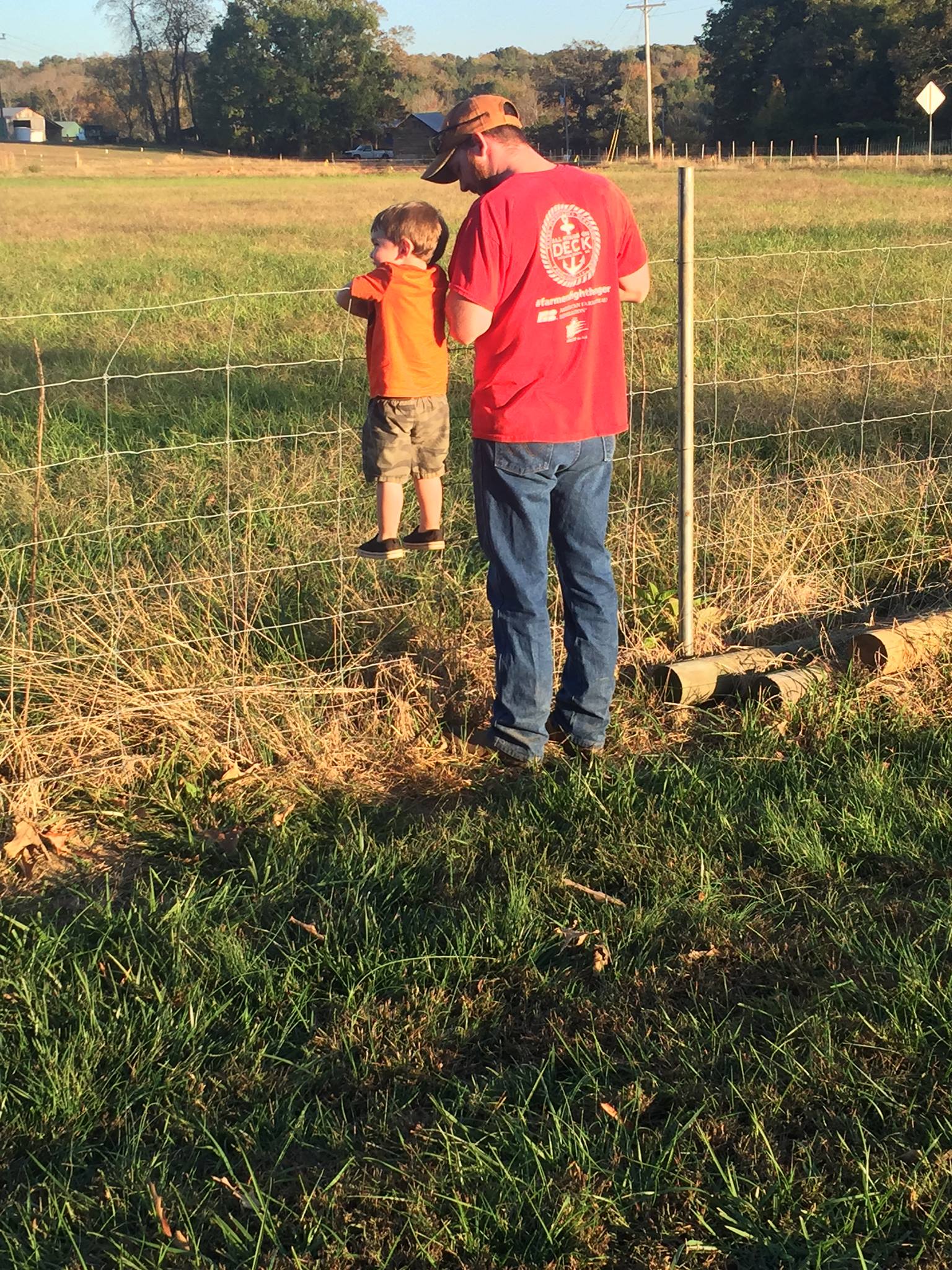The following article was written by Jessica Walker Boehm and appears in the Fall 2017 issue of North Carolina Field and Family.
Ask a farmer what he or she does on a daily basis, and you’re bound to get a wide variety of answers – there’s planting crops, evaluating soil, predicting weather patterns, caring for livestock, repairing and maintaining equipment, keeping detailed financial records, and much more.
As a result, it’s easy to conclude that farmers routinely multitask their abilities and develop new skills to get the daily job done efficiently and safely. Often, they switch from one role to the next without skipping a beat, constantly working to master new methods and skills that might better serve their farms and livestock.
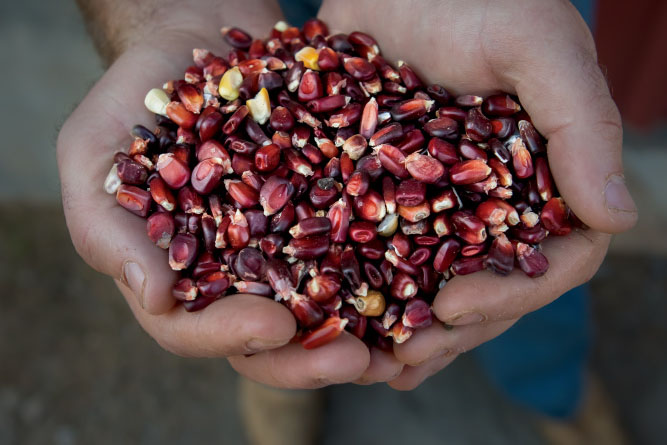
“Before I worked in agriculture, I thought you just put a seed in the ground and watched it grow, then had something to harvest at the end of the season,” says Russell Hedrick, a first-generation farmer who owns JRH Grain Farms in Hickory. “I had no idea about the technology you can employ to ensure you grow a better crop, and I didn’t realize how much I would learn once I was immersed in this occupation.”
MORE THAN A FARMER
Just of few of the skills farmers master to accomplish their jobs:
- accountant
- advocate
- conservationist
- educator
- entrepreneur
- feed consultant
- marketer
- mechanic
- meteorologist
- public speaker
- researcher
- soil scientist
- technology expert
- veterinarian
- welder
Established in 2012, JRH Grain Farms is a 1,000-acre, no-till operation that includes corn, soybeans, wheat, barley, oats and triticale (a hybrid of wheat and rye), as well as pasture-raised beef cattle, Katahdin sheep and Berkshire pigs.
JRH Grain Farms also has a seed- cleaning facility that serves various local farms, and Hedrick says his farm is the only one in the state that produces bourbon. Additionally, Hedrick makes legal moonshine and stone-ground grits and cornmeal.
His operation has evolved over the years as he has continued to learn about soil science and technology. For example, he now uses sensors buried 48 inches in the ground to monitor soil moisture and temperature, as well as rooting depth and electrical conductivity, helping him to conserve water.
Hedrick has also worked with scientists and researchers across the U.S. to reduce his farm’s soil fertility needs by approximately 70 percent, which further contributes to his conservation efforts and results in significant cost savings. In addition, he has created a cover crop by blending five different plants that helps limit soil erosion, suppress winter weeds, scavenge excess nutrients from the preceding crop and improve the soil’s biological health.
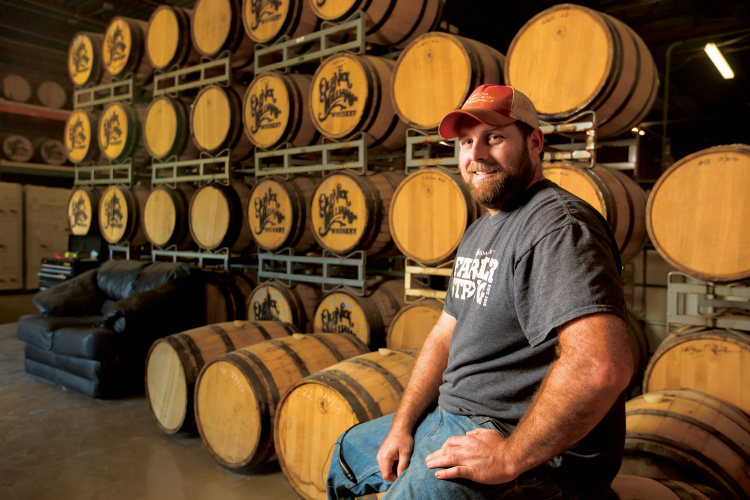
Russell Hedrick of JRH Grain Farms
He sharpens his educator skills regularly, sharing his knowledge with other farmers who might also bene t from it. Hedrick hosts a Field Day each year that features guest speakers like Ray Archuleta, a famed North Carolina conservation agronomist, where farmers have the opportunity to learn how they can enhance their operations and improve their soil without damaging the environment.
In addition, Hedrick is a businessman, marketing his products directly to consumers using social media channels like Facebook and Twitter, and he promotes agriculture by working with organizations like Catawba County Farm Bureau’s Young Farmers and Ranchers team and the North Carolina Farm Bureau.
“I try to advocate for agriculture any way I can,” Hedrick says. “Here in Catawba County, we have Farm to Fork Week every June, and the last two years my farm has hosted a daylong event. Members of the community have come out and looked at our equipment and our operation, and this year we hosted kids of all ages.”
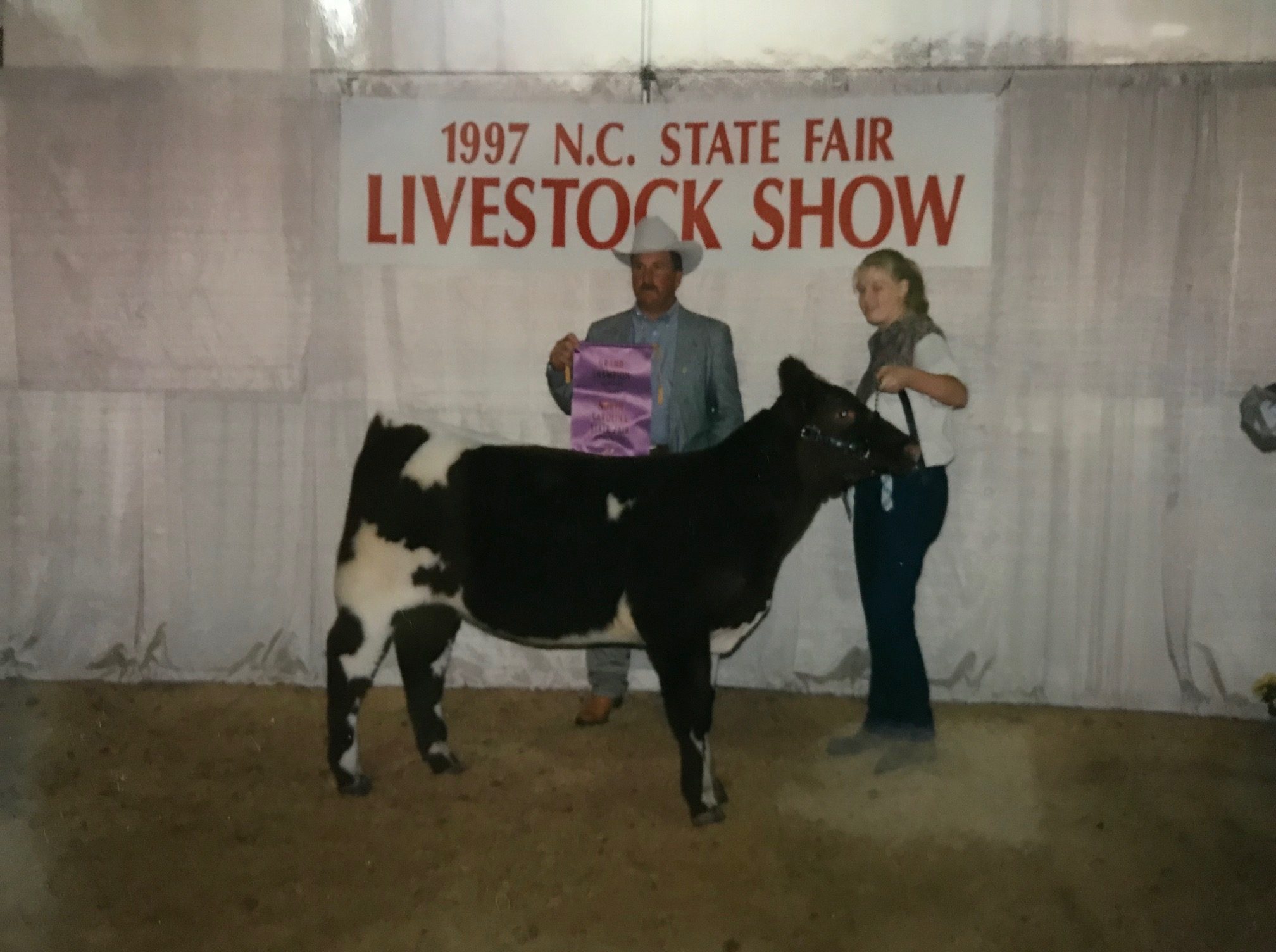

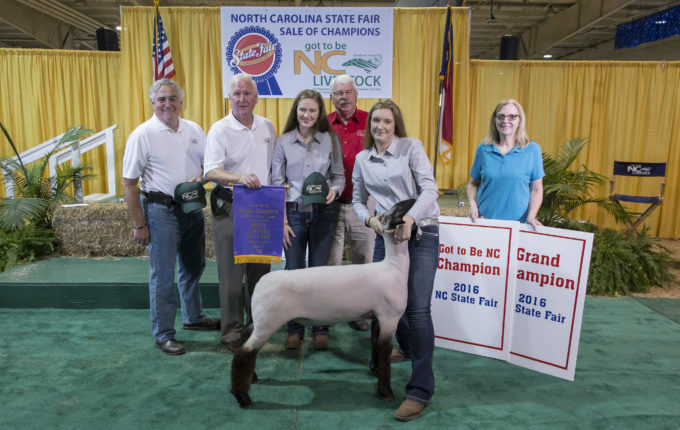
 Jimmy Dixon was elected to the North Carolina House of Representatives in 2010 and is currently serving his fourth term representing Duplin and Wayne counties. He chairs the House Agriculture Committee, is Vice-Chairman of Appropriations, and serves on numerous other committees as well. A few years after graduating from Wake Forest University in 1969, working for Procter & Gamble and teaching school, Rep. Dixon returned to his roots in 1973 and started a farming career raising poultry and vegetables for forty one years until his ‘semi-retirement’ in 2014.
Jimmy Dixon was elected to the North Carolina House of Representatives in 2010 and is currently serving his fourth term representing Duplin and Wayne counties. He chairs the House Agriculture Committee, is Vice-Chairman of Appropriations, and serves on numerous other committees as well. A few years after graduating from Wake Forest University in 1969, working for Procter & Gamble and teaching school, Rep. Dixon returned to his roots in 1973 and started a farming career raising poultry and vegetables for forty one years until his ‘semi-retirement’ in 2014.